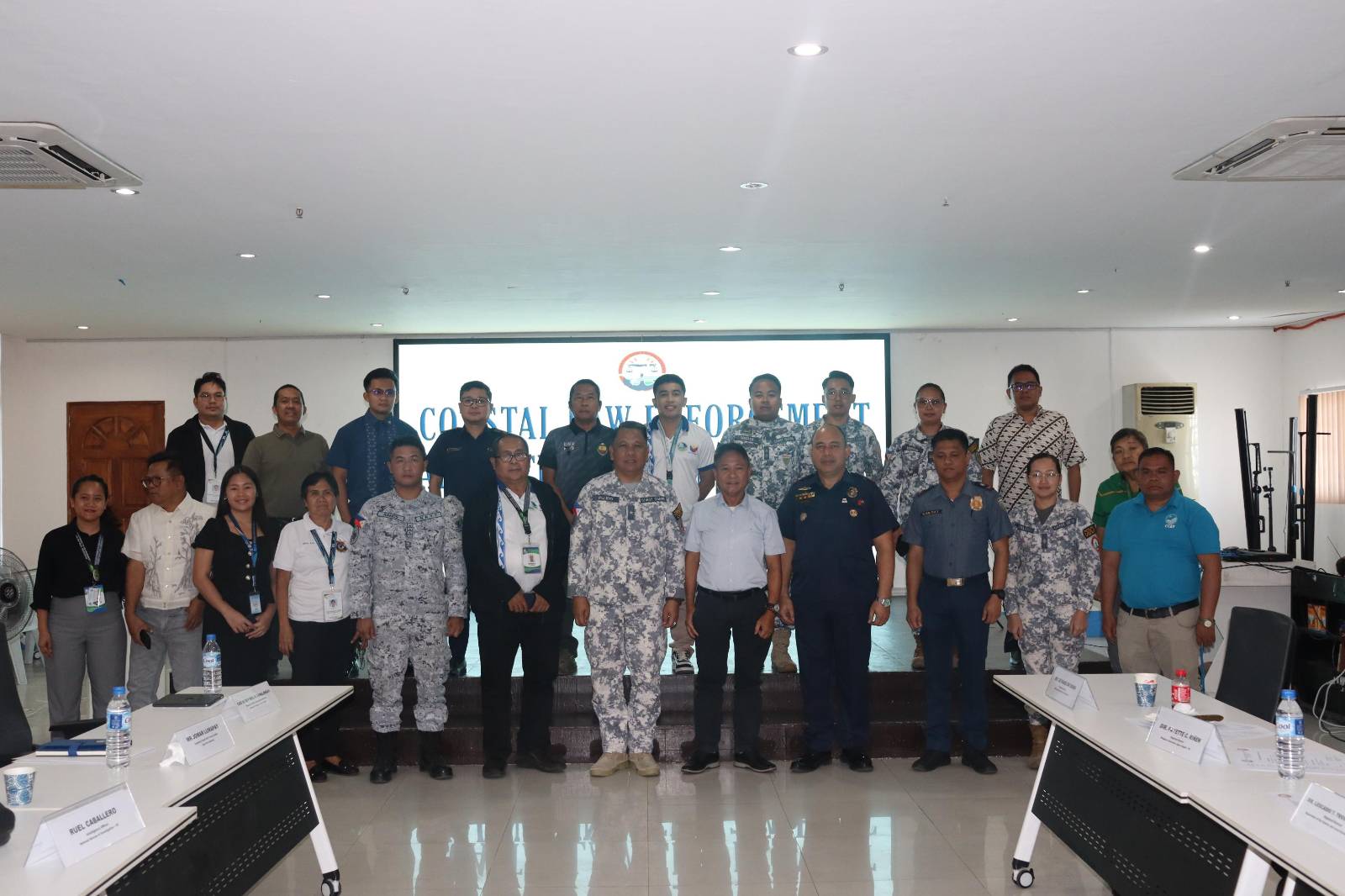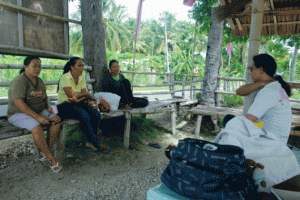July 31, 2025 Cebu City — The Coastal Conservation and Education Foundation (CCEF) actively participated in the Coastal Law Enforcement Alliance in Region VII (CLEAR-7) meeting held at the Bureau of Fisheries and Aquatic Resources (BFAR) Regional Office VII in Cebu City. This strategic gathering convened key government agencies and a provincial representative—including BFAR, the Department of Environment and Natural Resources (DENR), Philippine National Police – Maritime Group (PNP-MG), Department of the Interior and Local Government (DILG), Philippine Coast Guard, and Bureau of Customs—alongside NGOs and coastal stakeholders to advance coordinated responses to the region’s most pressing coastal law enforcement challenges.


The meeting served as a critical platform for inter-agency collaboration, with discussions spanning updates on Fish Conservation Week, anti-illegal logging efforts, intensified coastal law enforcement operations, and the protection of the Danajon Bank Double Barrier Reef—an ecological treasure and the Philippines’ only double barrier reef, recognized globally for its exceptional marine biodiversity.
CLEAR-7’s unified approach reflects a growing recognition that effective marine resource management demands more than isolated interventions, it requires a synchronized, science-informed, and community-anchored strategy. By aligning enforcement protocols, sharing intelligence, and integrating conservation science into policy, the alliance is building a resilient framework capable of swiftly addressing illegal activities, sustaining fisheries, and safeguarding critical habitats.




The participation of CCEF underscores the essential role of science and education in shaping enforcement priorities. Through its technical expertise and grassroots engagement, CCEF helps bridge the gap between policy and practice, ensuring that conservation efforts are both ecologically sound and socially inclusive.
For coastal communities and marine ecosystems, the implications are profound:
- Enhanced enforcement capacity means illegal fishing, habitat destruction, and maritime trafficking are met with timely and coordinated responses.
- Healthier marine ecosystems support biodiversity recovery, climate resilience, and ecosystem services vital to food security and livelihoods.
- Empowered local stakeholders foster stewardship, ensuring that conservation is not just imposed but embraced.



Ultimately, the CLEAR-7 meeting is more than a procedural checkpoint—it is a reaffirmation of collective responsibility. It signals a shift toward integrated coastal governance, where science, policy, and community action converge to protect our seas not just for today, but for generations to come. In an era of mounting environmental pressures, such alliances are not optional—they are essential.




